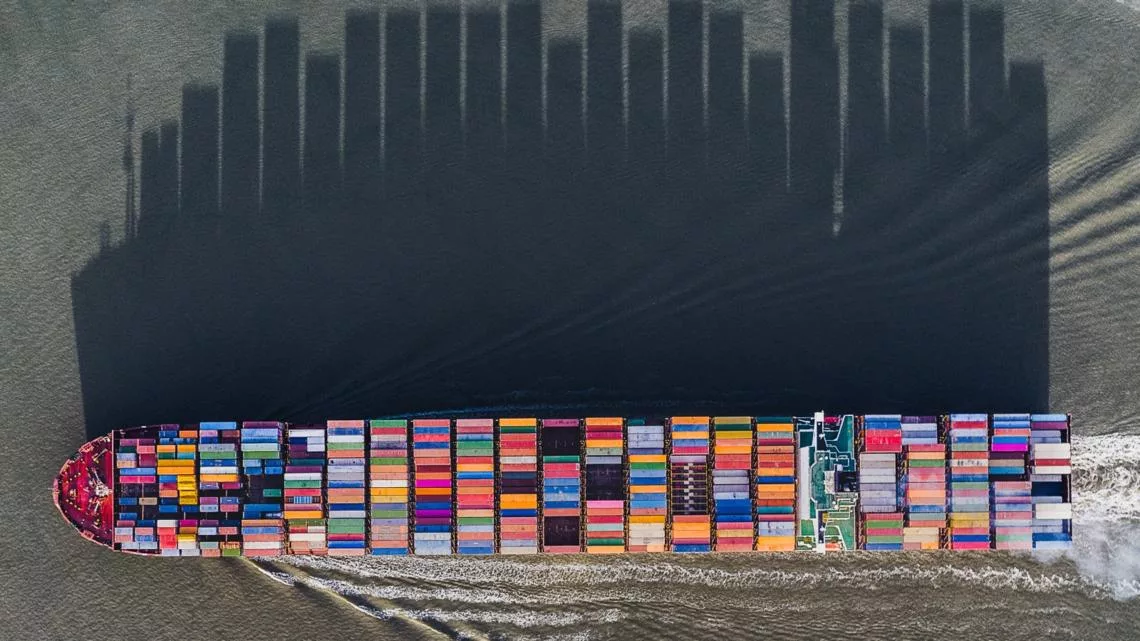
Published
09 August, 2022Type
PublicationTo reach net-zero, Scope 3 supply chain emissions must be addressed by businesses globally. Decarbonization within the supply chain plays a critical role in realizing net-zero ambitions, and multinationals are in a unique position to influence supplier behaviors, operations and investments through incentives.
The Incentivizing Supply Chain Decarbonization working group hosted by WBCSD in collaboration with PwC considers different decarbonization levers that can be applied to supply chains. These levers range from non-financial to financial, penalty to reward based, and can be grouped into four areas:
- Leveraging procurement
- Building capability
- Rewarding progress
- Enforcing performance
In a recent session, our working group considered how to engage with suppliers that lie beyond the first tier of your supply chain. This is a cross-cutting topic that members identified as particularly challenging.
There are multiple challenges in engaging with suppliers beyond tier one. It is often harder to have visibility of suppliers the further removed they are from your direct sourcing. Obtaining data is another significant challenge, as well as the speed and agility of estimation which is required. Necessary considerations include how to make that data more useful and how to further build real data and supplier reporting over time. Another challenge is the volume of suppliers. Direct engagement is one strategy but can require heavy lifting and is not possible when large volumes of suppliers are involved in global supply chains. In some cases, technology can be used to support this.
Some suggestions discussed by members for how to tackle engagement beyond tier one include:
- Leveraging supplier agency – supporting suppliers to drive change in their upstream value chains;
- Grouping suppliers – identifying overlaps between industries, regions and how governments and technology intersect at those points;
- Fostering collaboration – collaborating with peers who share a similar supplier base to scale impact.
Take a look at this issue for more guidance on where to start, what to consider and how to enhance visibility.
Contacts:
- Hannah Loake (hannah.loake@wbcsd.org), Climate Action Senior Manager, WBCSD
- Patrick Marter (patrick.marter@pwc.com), Procurement Partner, PwC
- Barry Middleton (barry.p.middleton@pwc.com), Operations Transformation Partner, PwC
- Dan Dowling (daniel.s.dowling@pwc.com), Sustainability Partner, PwC
